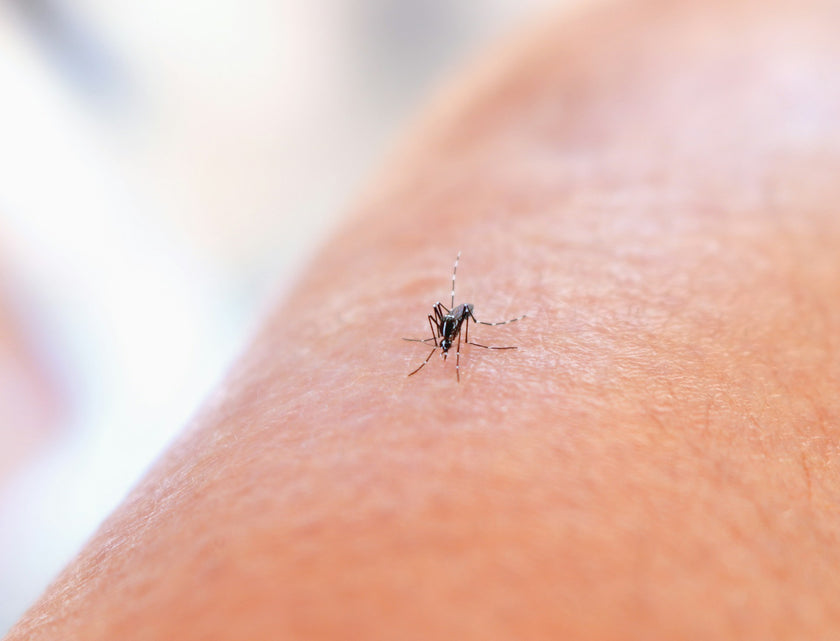Biological control agents are becoming increasingly important as a sustainable alternative to chemical agents in agriculture and horticulture. Koos van Spronsen, Production Manager at Koppert, plays a key role in the production of predatory mites; small but crucial organisms in the fight against common pests. In this interview he shares his insights on the increasing relevance of biological control and the development of sustainable solutions for healthier horticulture and agriculture.

Westland roots
Koos has deep roots in horticulture, where he spent his youth between greenhouses. “I come from the Westland and grew up between greenhouses,” Koos begins. “My father and grandfather were gardeners, and I always worked with aubergines during my youth and student years.” He experienced up close how the battle against pests was fought both biologically and chemically.Although working in pest control may have seemed like a logical choice, for Koos it actually came about by chance. “During my work in eggplants I did have to deal with pests and used both biological and chemical control, but I have to be honest and say that I accidentally fell into it at Koppert.” His career at Koppert started as a cultivation specialist, initially focusing on insects and later adding predatory mites to his portfolio.
Valuable lessons
During his 12 years of service, Koos has learned some valuable lessons in the trade. One of these lessons is displayed on a tile in his office. “Good food, that means eating whole eggs.” The expression means that the quality of the food depends on good basic conditions, of which pest control is a part.Positive developments
Koos is optimistic about the future of biological pest control. “The sector is developing rapidly. More and more, you see governments banning the use of chemical pesticides, and the alternative is of course our biological pest controllers.” Another development that Koos observes is that "the consensus among consumers is shifting; people are increasingly choosing food with a smaller ecological footprint and are paying more attention to their own health."
Why biological pest control?
The use of predatory mites has clear advantages over chemical pesticides, with Koos citing safety as the most important advantage. “Our food is much safer due to the use of biological pest control.” Predatory mites pose no threat outside the greenhouse, he explains: “Once a pest controller no longer finds a pest, he will not simply survive.”
Predatory mites for everyone
Finally, Koos is enthusiastic about the initiative of Insect Heroes to introduce predatory mites to private individuals to protect vegetable gardens, houseplants and hobby greenhouses. “Koppert is focused on the professional market, but it is clear that the private market plays an important role when it comes to awareness around food safety,” he concludes, thereby underlining the important role of biological control agents for everyone.
Do you want to protect your vegetable garden, living room or hobby greenhouse against pests without poison? Then order the predatory mites that are also used by professionals via insectheroes.nl. Take advantage of five free bags this month when you buy ten!











































